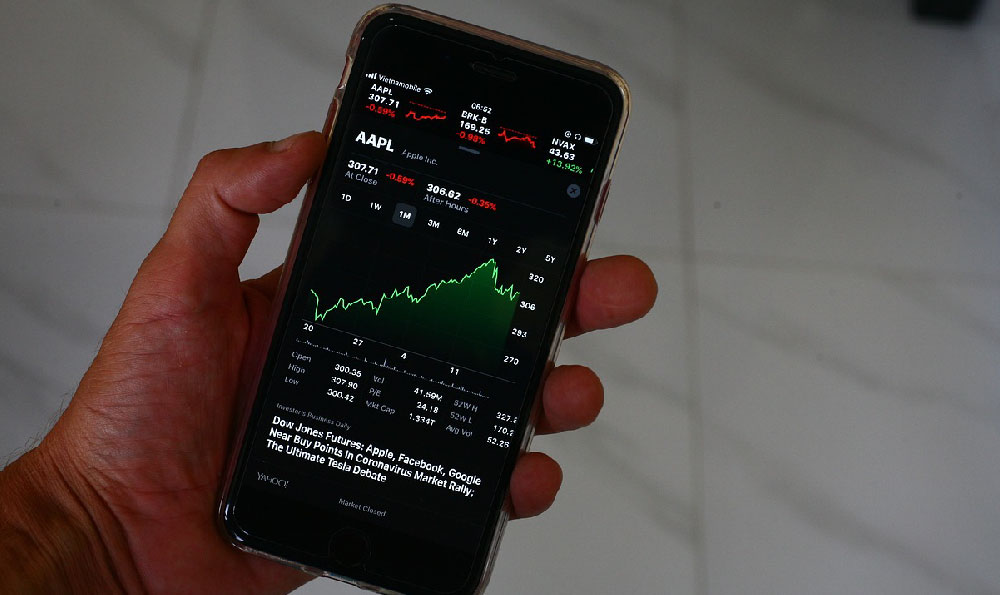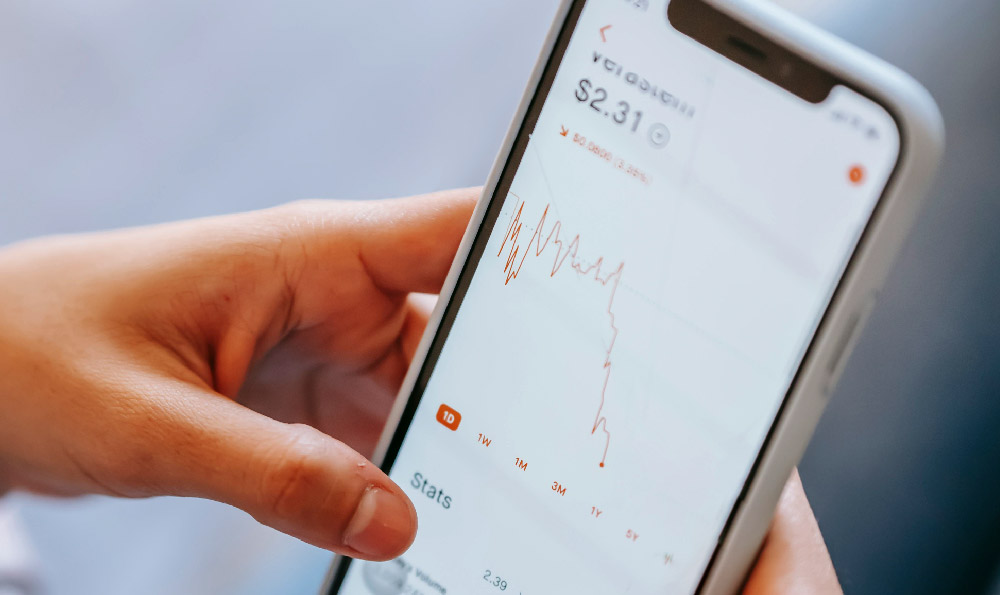Let's delve into the financial realm of rappers, exploring the multifaceted ways they generate income. It's a common misconception that all rappers are rolling in money simply because they release hit songs. The reality is far more nuanced, involving a complex web of revenue streams that extend far beyond record sales.
First and foremost, let's address the core of the music industry: recorded music. While digital downloads and physical album sales used to be the primary source of income, streaming services like Spotify, Apple Music, and Amazon Music now dominate the landscape. Rappers earn royalties based on the number of streams their songs receive. However, the royalty rates per stream are notoriously low, often fractions of a cent. To generate significant income from streaming, a rapper needs to amass millions, even billions, of streams. Furthermore, these royalties are typically split between the label, publishers, songwriters, and the artists themselves, leaving the rapper with a smaller slice of the pie than one might expect. The exact breakdown of these royalties is heavily dependent on the specific contract the rapper has with their record label and publishing house. Independent artists who own their masters and publishing rights, stand to gain a significantly larger percentage of the revenue generated.
Performance revenue constitutes another significant chunk of income for many rappers. This includes live concerts, tours, festivals, and private events. A successful rapper can command substantial fees for live performances, ranging from tens of thousands to hundreds of thousands of dollars, or even millions for headlining major festivals. The scale of the performance fees generally correlates to the rapper's popularity, fanbase size, and stage presence. The cost of touring (travel, crew, venue rental, etc.) must be taken into account, however, these costs can be offset by merchandise sales at the concert venues.

Speaking of merchandise, this is another lucrative avenue. T-shirts, hoodies, hats, posters, and other branded items featuring the rapper's logo, album artwork, or catchphrases can be incredibly popular with fans. Merchandise sales offer higher profit margins compared to streaming royalties, and they strengthen the connection between the artist and their fans. Rappers often sell merchandise online through their official websites and at live performances. Successful merchandise lines can generate hundreds of thousands, even millions, of dollars in revenue annually. The key is to design appealing merchandise that resonates with the target audience and price it competitively.
Beyond music-related activities, many rappers diversify their income streams through endorsements and sponsorships. Brands are eager to collaborate with influential rappers to promote their products and services to a large and engaged audience. Endorsement deals can range from promoting clothing brands and sneakers to endorsing beverages, automobiles, or even technology products. The financial terms of endorsement deals vary greatly depending on the rapper's popularity, the brand's budget, and the scope of the partnership. Well-structured endorsement deals can provide significant financial boosts.
Furthermore, many rappers have successfully transitioned into entrepreneurship, launching their own businesses and brands. Some have ventured into the fashion industry, creating their own clothing lines or collaborating with established fashion houses. Others have invested in restaurants, bars, nightclubs, or cannabis-related businesses. A few have even created their own record labels, signing and developing new artists. Entrepreneurial ventures offer the potential for long-term wealth creation and financial independence, allowing rappers to control their own destiny beyond the music industry. For example, some rappers establish venture capital funds to invest in promising startups, leveraging their brand and network to support innovative companies.
Real estate investment is another common wealth-building strategy employed by many successful rappers. Investing in properties, whether residential or commercial, can provide a steady stream of passive income through rental revenue and appreciate in value over time. Real estate offers a tangible asset that can serve as a hedge against inflation and provide long-term financial security. Diversifying a portfolio with real estate is often seen as a prudent investment strategy.
Finally, we can consider the revenue derived from publishing rights and songwriting credits. Rappers who write their own lyrics and music are entitled to publishing royalties, which are separate from the royalties earned from recorded music. Publishing royalties are generated whenever a song is played on the radio, streamed online, used in a movie or television show, or performed live. Owning the publishing rights to a successful song catalog can provide a substantial and consistent stream of income for many years. Smart rappers ensure they understand and retain as much of their publishing rights as possible, recognizing the long-term value of their creative work.
In conclusion, a rapper's income streams are varied and complex, extending far beyond simple music sales. Successful rappers leverage their talent, brand, and influence to generate revenue from multiple sources, including streaming, live performances, merchandise, endorsements, entrepreneurial ventures, real estate, and publishing rights. To truly thrive financially, rappers must understand the business side of the music industry, make smart investment decisions, and diversify their income streams to ensure long-term financial stability and wealth creation. The most astute artists build diversified portfolios that allow them to weather the storms of the music industry and achieve true financial independence.











